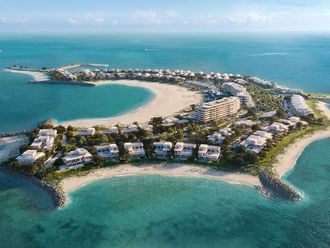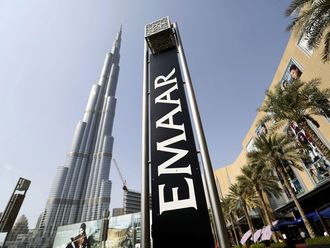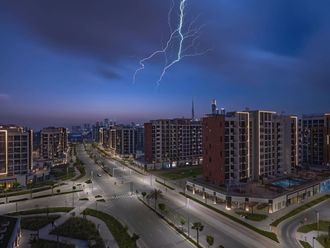Dubai: With the pace having picked up in the number of stalled projects in Dubai back on revival track, the authorities are simultaneously putting in place stricter requirements of the developers and even the contractors involved.
“While the requirement that 20 per cent of the project’s funds by the developers has been there for some time, contractors who come on board should also furnish ‘performance guarantees’ to the tune of 10 per cent of the cost,” said Samir Munshi, managing director at Orion Holdings, which has recently been acquiring plots in Arjaan, on the Dubai outskirts. Land values have been on the mend and currently command around Dh120-150 a square foot. “These steps taken in tandem ensure that such a project will go past the finish line and in a way that benefits all stakeholders, including, of course, the buyers in it.”
It is interesting that the authorities are pushing some of the onus on to the contractors as well. This immediately limits the involvement to those contractors who have the optimum cash flow resources.
“There is a clear case of local authorities fast-tracking delayed projects — there is a realisation that with the upturn being sustained, these stand a good chance of finding new buyers or retaining those who originally bought into them all those years ago,” said Munshi. “For developers, many of the stalled projects are still in the mid-market range and if the projects get completed soon, there’s a good chance of picking up investors along the way.”
Momentum
Even if a third-party investor acquires a stalled project, there is a new sense of flexibility on the part of how official approvals are granted. “If earlier there was an onus on the investor to clear off all the dues/outstandings related to that project, now this can be staggered over a period rather than done up front,” said Munshi. “What this does is free up cash to take on project work rather than get sucked up in clearing legacy dues. Again, this has to do with the momentum the market is experiencing — if projects are delivered to a certain quality and to a time-bound programme, there will be buyers. This way, the original property buyers can take possession of the units or be compensated by being bought out.”
According to market sources, there is still sizable residual interest among investors from the Subcontinent in Dubai real estate. While much of the initial inflows would have been absorbed by completed properties or off-plan, there is a class of investor who sees better yields from entering joint ventures to revive old projects.
“If the overseas investor is relatively new to this market, he would prefer a joint venture; but there have been occasions where those who have had prior exposure buying up the whole of the project and then taking up the mantle of completing it,” said Niraj Masand, partner at Banke M. E.
“If the project in question got delayed after reaching a certain stage, its chances are brighter on the revival track. It’s what matters most to third-party investors now, everything else being equal.”












